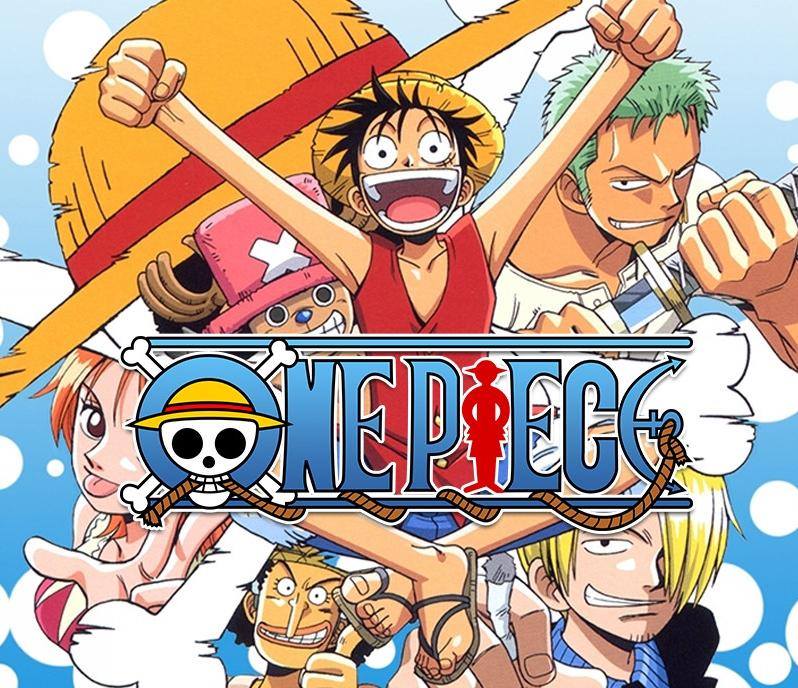Charles (song by flower)
"Sharuru" (シャルル), also known by its official English title "Charles", was released on October 12, 2016. This song was written by Vocaloid producer Balloon, but instead of using Hatsune Miku as the song's Vocaloid, Balloon instead chose to employ Fleur 's vocals.
Summary
Japanese Vocaloid producer Keina Suda (須田景凪), commonly known as "Balloon," released the song on October 12, 2016, using the Vocaloid software "V flower." On the 17th, Balloon released a self-covered music video. He released his own cover of the song on his album "Corridor," released in August 2017, to critical acclaim.
Views
As of December 2019, the "V flower" version of the song has over 20 million views on YouTube, becoming one of the most-watched Vocaloid songs on the platform. The self-cover video has surpassed 40 million views. Both versions have also been posted on Nico Nico Douga , with 4 million and 8 million views respectively. Being very popular within the community, it has received numerous covers on both platforms, amassing a combined total of over 100 million views. Charles's popularity is widespread, enjoyed by the younger generation in general, not just Vocaloid fans.
Karaoke
Charles received first place in the overall karaoke song rankings released in 2017 by karaoke provider JOYSOUND. In the 2018 JOYSOUND annual rankings, it ranked first in the Vocaloid rankings and seventh in the national overall rankings. The song ranked third overall in the first half of 2019 according to the JOYSOUND karaoke rankings announced in June 2019 and once again first in the Vocaloid rankings. In addition, in the karaoke rankings of another karaoke provider, DAM, the song also became extremely popular, ranking 17th in the 2018 annual rankings and fifth in the first half of 2019.
Since its release, "Charles" has consistently proven to be a popular karaoke song and is so revered throughout Japan that it has become a staple on most karaoke playlists.
Press releases
- Single released on October 12, 2016.
- Self-cover on the album "Corridor" released on August 12, 2017.
Song Information
- balloon (music, lyrics)
- flower (VOCALOID)
- Avogado6 (illustration)
Words
| Kanji | Romaji | Translation |
|---|---|---|
| 空っぽでいようそれでいつか | karappo of iyou sorede itsuka | Must I become empty? And then one day |
| 深い青で満たしたのならどうだろう | fukai ao de mitashita no nara dou darou | What if I filled myself with deep blue? |
| こんな風に悩めるのかな | I won't let you go | Would I still worry like that? |
Lyrics: balloon
Composition: balloon
Published by Dwango Sixth Division under JASRAC
JASRAC works code: 716-2230-6
Interpretation
The song tells the story of a couple whose love has lost its passion, but who still struggle to stay together because of what they shared in the past and how it led them to where they are today. The future they envisioned was beautiful, but they have already reached their limit in the present. They share memories of happiness that are not enough to save their relationship as it is, nor is pretending that everything is fine and they still love each other or talking about a fantastical love that only exists in their fantasy. The song's timeline is apparently not linear, as it begins with the protagonist saying, "You're the one who said goodbye, but there are tears on your cheeks," and then continues in what could be a reminiscence of past events that led to this final moment.
The song contains a play on words that works best in Japanese: in the first half of the song, they meet in the evening and argue endlessly, then they say goodbye with a smile (Waraiatte sayonara). At the end of the song, which describes the end of their relationship, the same "Waraiatte sayonara" is used again, but the kanji used for "smile" is instead that for a smile of contempt. As a final bittersweet note, upon learning that the two always said goodbye with a smile, a new meaning is added to the opening verse of "If you want to erase the past like this, then that's enough. Just smile."
Links
flower/flower - Nico Nico Douga
flower/flower - YouTube
Charles - Wikipedia








